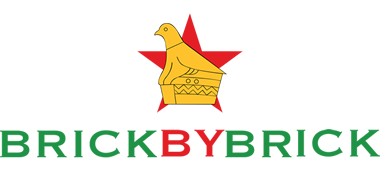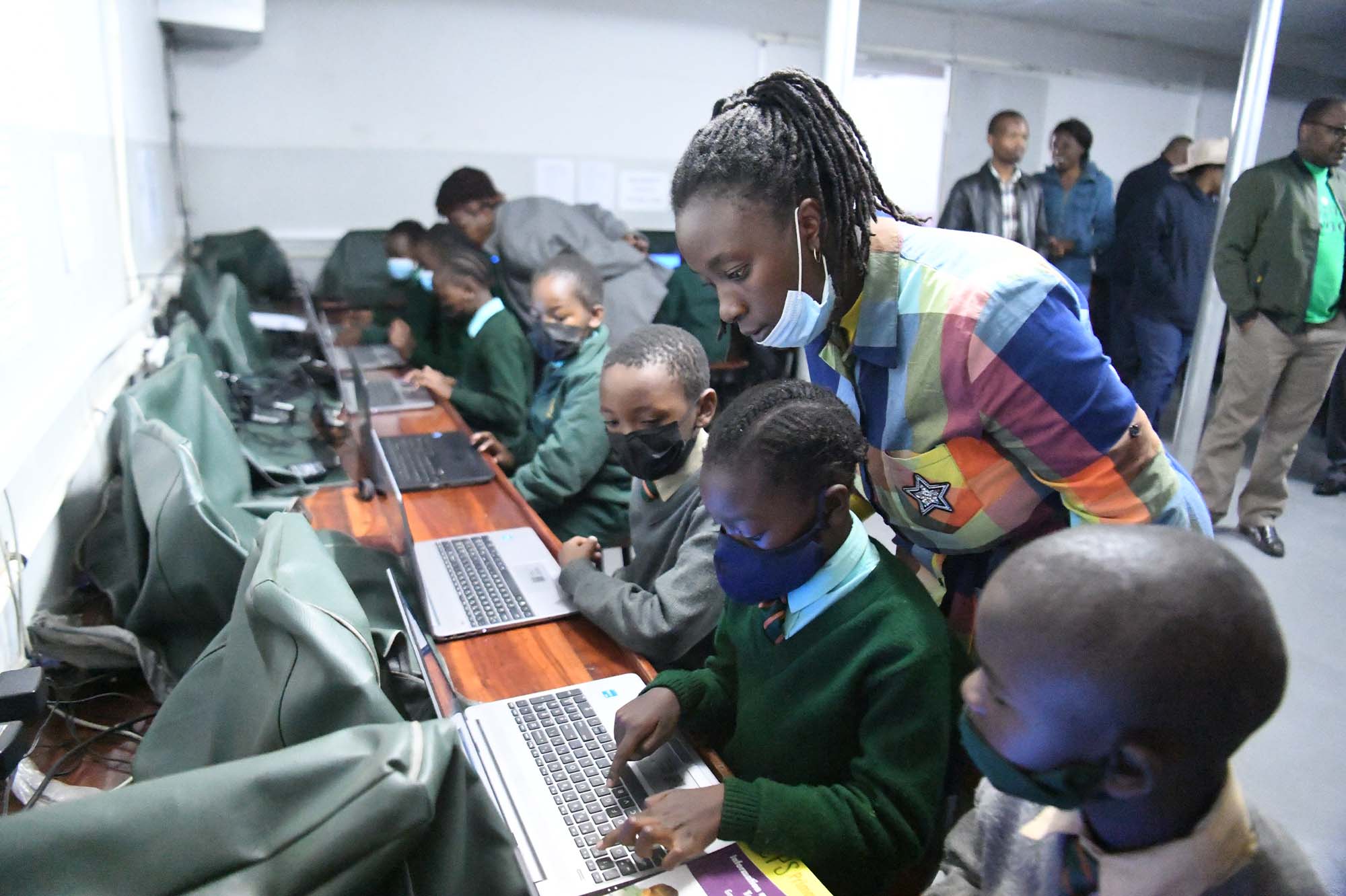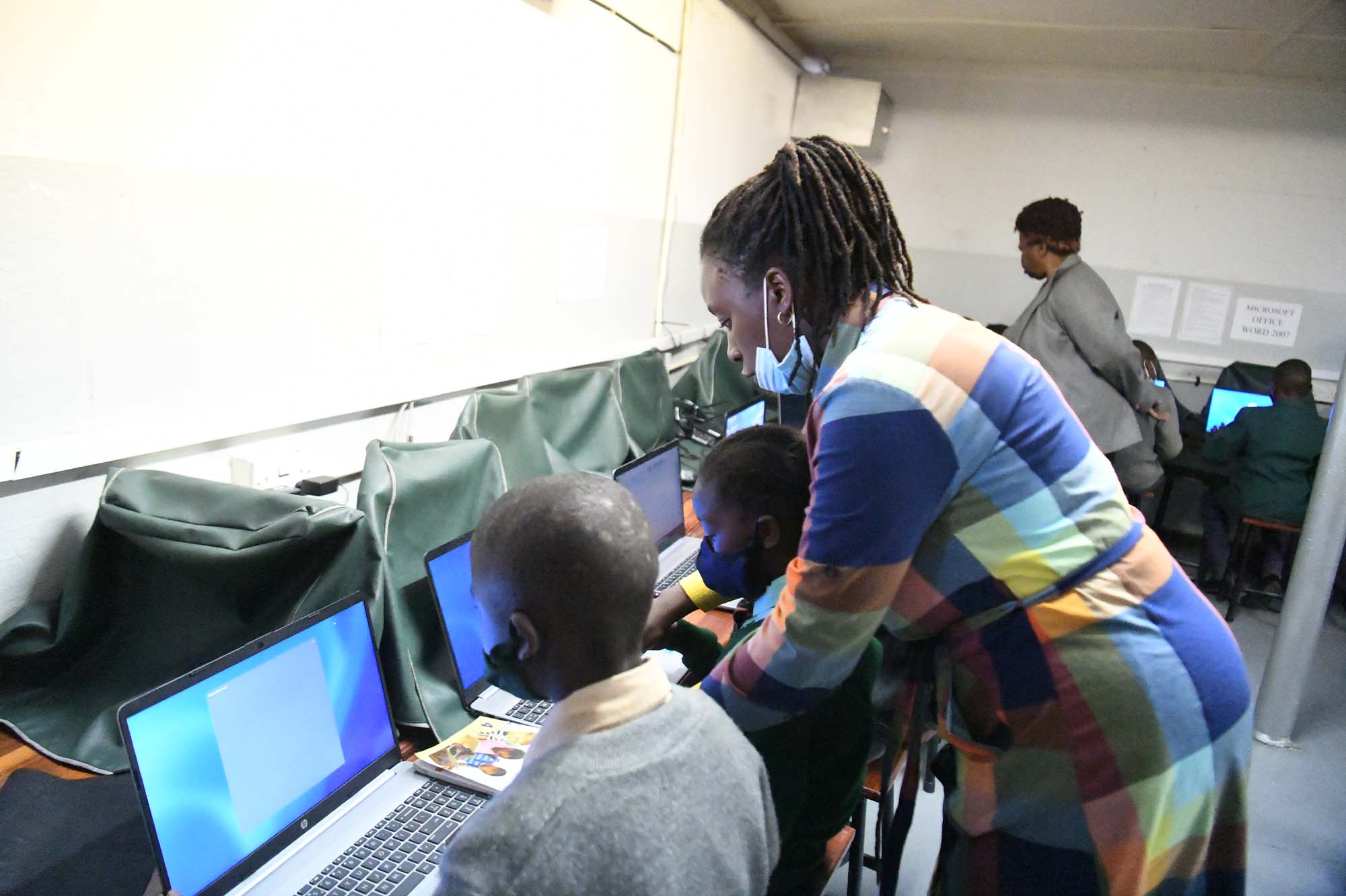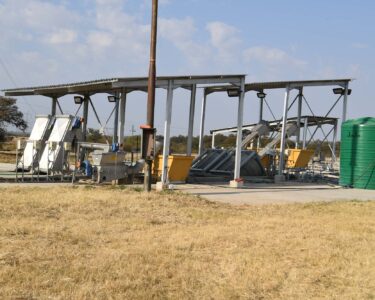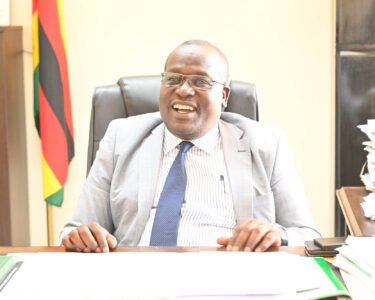Since he came into office, President Mnangagwa has been donating laptops schools across the length and breadth of country. While some are obsessed with the number of laptops the President has donated so far (I am sure by now they have lost count), our senior writer, Elias Chakanyuka, visited one of the schools that has received 30 laptops under the Presidential Computer Scheme. As usual, kids never disappoint. They spoke through the laptops. Read on . . .
Buhle Koffi is the headmaster of Baines Junior Primary and she is clearly happy administrator. Having received 30 laptops under the Presidential Computer Scheme, Koffi says the gadgets have gone a long way in enhancing the school’s performance.
Says Koffi: “We received the first 10 laptops in 2017, followed by 20 more in 2022, bringing the total to 30. Although the school had its own computers in the computer lab, the laptops donated under the Presidential Computer Scheme have been a game-changer. When the President gave us the first 10 laptops in 2017 and did not come back for about four years, we thought he had forgotten about us.
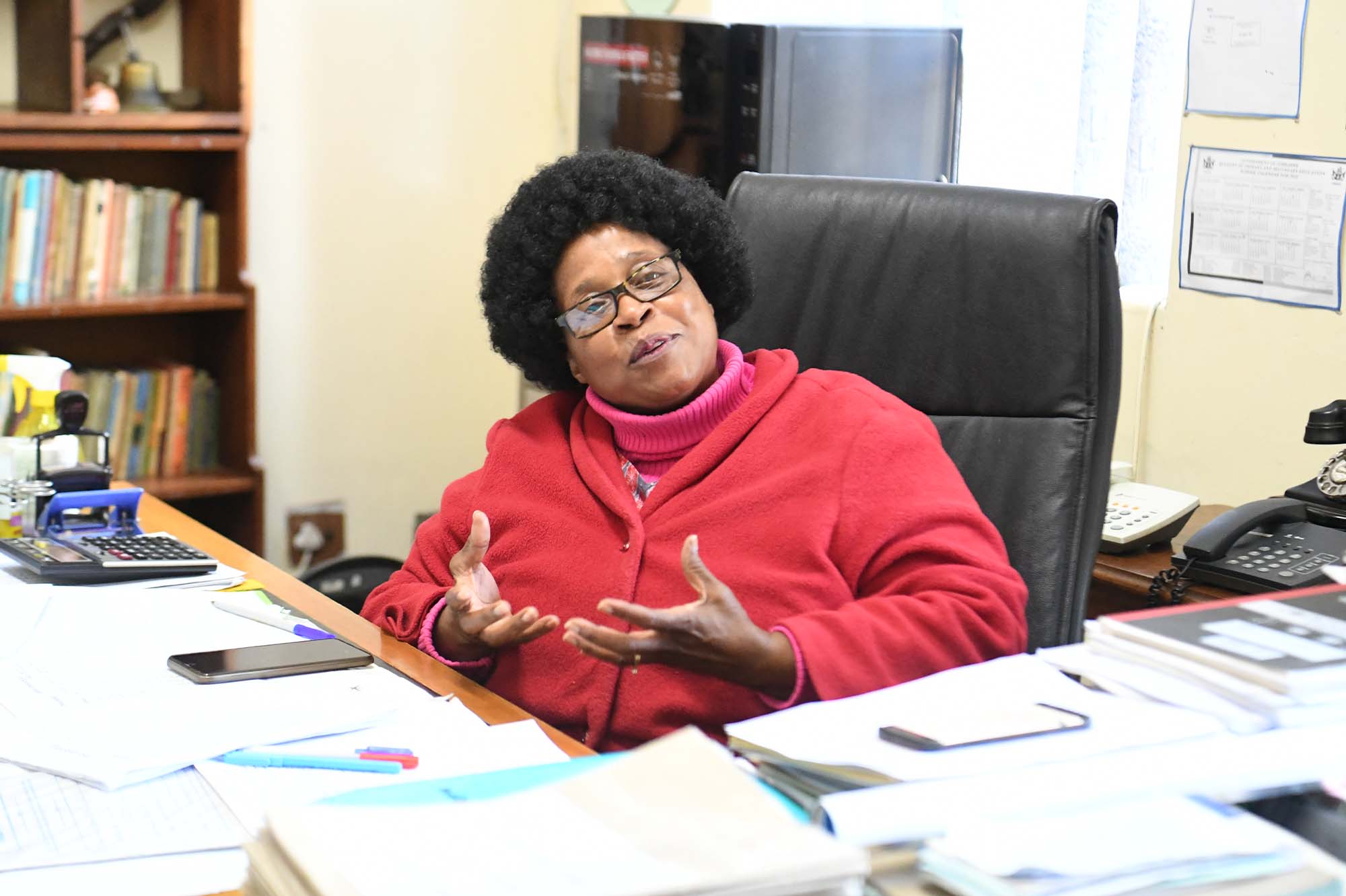
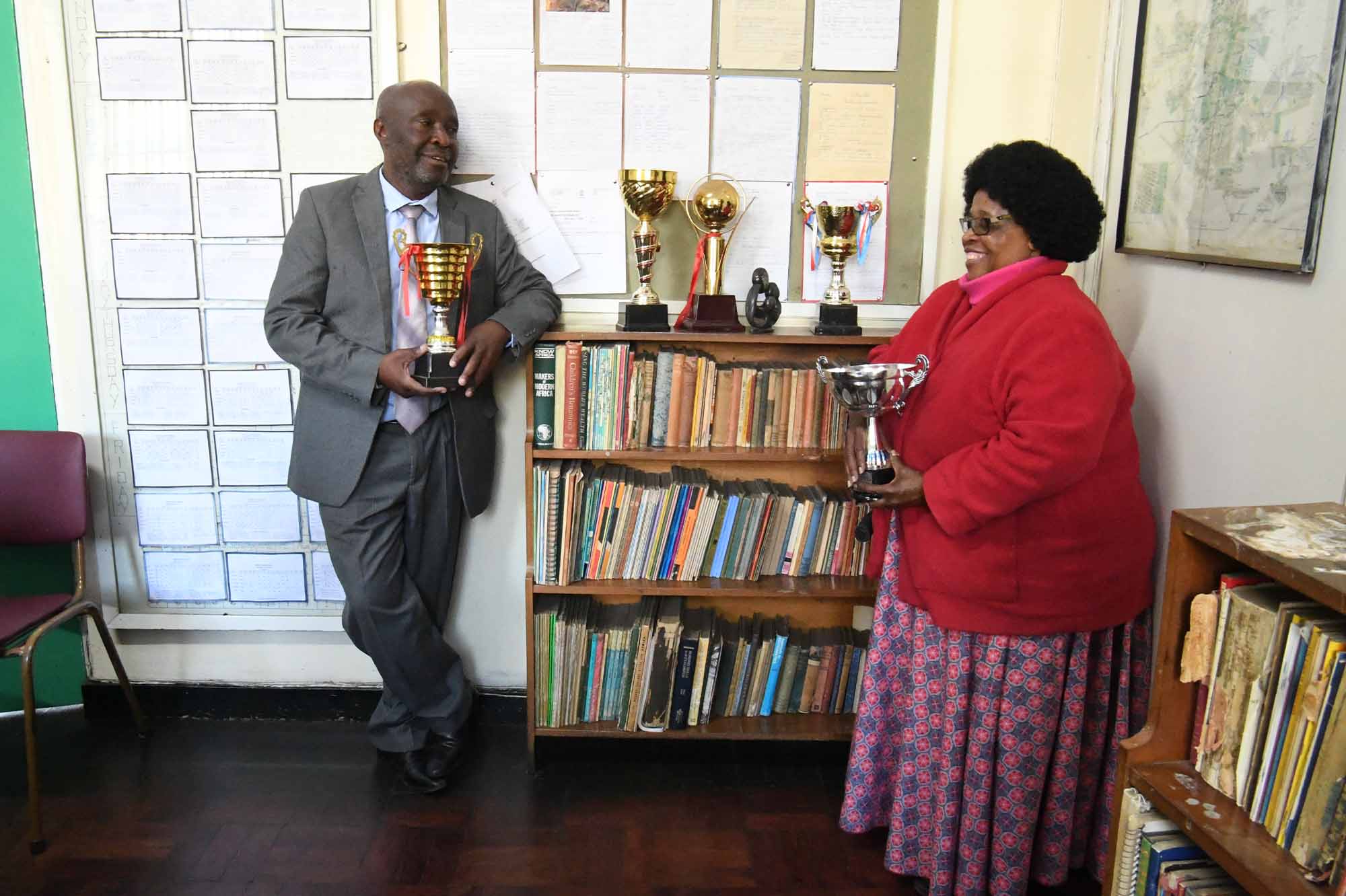
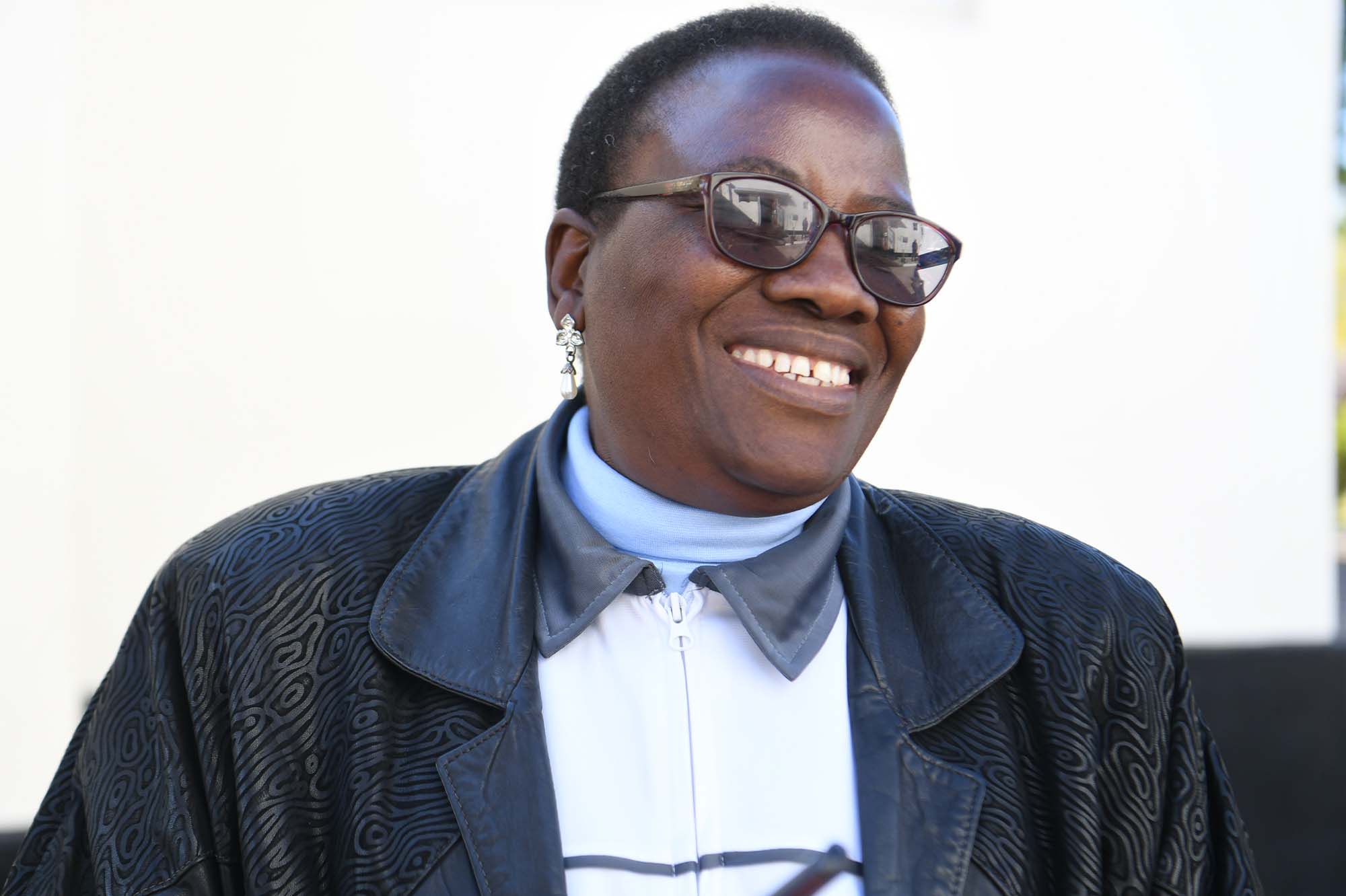
“However, President Mnangagwa demonstrated that he is a man of his word. He promised us that he would be back with more laptops and, indeed, last year he was back with 20 more.
“The laptops have made a huge difference. Now the teachers can take one class at one go. In the past they were forced to split classes into two. Even the pupils are excited. You can see the excitement when the time for computer lessons draws near.
“These laptops came at the right time because we are now living in a technological world. Everything is now being done with the help of computers and it is imperative for our pupils to understand computers from an early age. The good thing is that there is good internet connectivity at the school, which means pupils can google whatever information they require for their assignments,” she said.
Built in 1942, Baines Junior Primary School enrols learners from Grade 3 to up to Grade 7. The current enrolment is 1,203.
“Baines Junior Primary School has one of the biggest enrolments in our cluster even though enrolment starts from Grade 3. Most parents want their children to be here thanks to our high pass rate, complemented by the latest laptops. Our results are among the best in the province, as evidenced by our Grade 7 results whose pass rate has never gone below 80%,” Koffi added.
But then kids will be kids. So how does Koffi make sure that the little ones don’t download X-rated stuff from the internet?
She was very forthright in her response. “True, kids will be kids and some will be tempted to download adult stuff, but we have put in place a strict monitoring system. The pupils are never allowed in the computer lab by themselves. They only go there under the supervision of one or more teachers. We also teach them the importance of using the laptops strictly for school work. “To ensure that there is no mischief behind our backs, the laboratory has an alarm for protection. Pupils don’t enter the lab without the teachers’ permission. We are very strict in that respect.
“Can you imagine, some of the pupils are now more computer-literate than me? That’s the tech-savvy generation we are now raising.”
The deputy headmaster, Coggan Bhebe, was equally upbeat, but lamented the adverse impact of loadshedding. However, plans are afoot to install a solar power system at the school.
In typical Brick by Brick magazine style, we went down to the computer lab and witnessed a computer class in progress. The young ones were busy “googling” and generally enjoying themselves.
ICT teacher, Langelihle Bhebe, said: “Computers are the future for these pupils. We don’t want a situation where pupils get intimidated when they come face-to-face with computers much later in life. What I find striking is that quite a number of pupils who struggle in class do well when they come to the lab. They shine. You can see they are enjoying themselves.
“We need more laptops. Maybe 30 more due to the growing interest in computers. We could also do with a projector and a white interactive board. We are here to groom our young learners into productive citizens who will be the custodians of the country’s future.”
Roseline Maziofa, another ICT teacher, added: “We don’t just offer computer lessons. We also offer counselling. We make sure that the pupils know the dangers of abusing computers. This has helped us a lot.”
While the teachers were fielding questions from Brick by Brick, the pupils were busy drawing pictures of houses. I could see the country’s future architects and city planners right in front of my eyes.
The district schools inspector for Bulawayo Province, Lucia Ndlovu, was equally over the moon.
“The majority of our teachers are happy with the new curriculum because it is a blessing to those learners who are not academically gifted. In every society, you will find pupils who are gifted in various fields like computers, athletics, drama, etc. The new curriculum has, therefore, opened doors for such pupils.
“Even the learners themselves are happy. You can tell that they are happy, whether they are on the sports field, in the computer lab or [on stage] taking part in drama. You can sense the passion because we are giving them the chance to shine. The biggest challenge, though, is the availability of suitable learning materials. In some instances, teachers with specialist skills in areas like the Visual Performing Arts are hard to find,” Ndlovu said.

